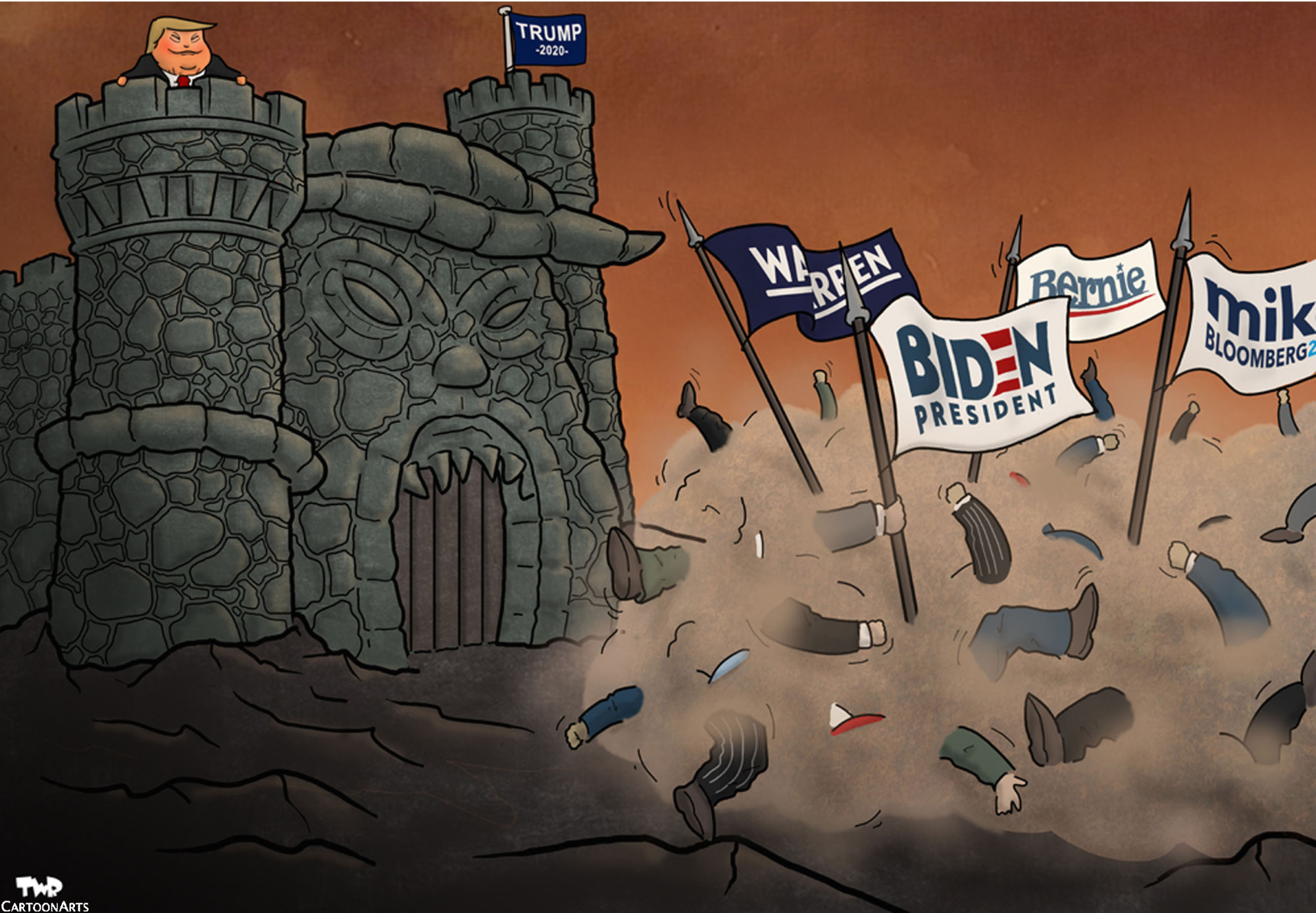The fateful collision over whether U.S. President Donald Trump should be removed from office revealed the alarming fragility of the constitution that Americans have relied on for more than 200 years to maintain their democratic system. Nothing since the Civil War had so tested its viability. And the frightening lesson is that a determined president with a tight grip on his party and contempt for the rule of law can free himself of its constraints.
The U.S. Constitution's framers were brilliant, but they could see only so far into the future. They anticipated that a scoundrel or worse might occupy the presidency, but, though they anticipated "factions," they neither wanted nor believed there would be political parties, much less that parties would be instruments of a president's power. In fact, until Trump, the United States had never had a president who maintained such a tight stranglehold on his party. Now that it does, the constitution's provisions for removing the president — through impeachment by the House of Representatives and conviction by a two-thirds majority of the Senate — have been neutered.
Two factors explain Trump's hold over Republican members of Congress, many of whom are smarter than he is, don't like or even despise him, or consider him unfit for the office: his feral cleverness and his capacity for striking fear into potential opponents, either by turning loose his bewitched base on a dissident Republican or backing a primary challenger in the dissident's next election. Every elected Republican is aware of former members of Congress who turned against Trump and are now out of politics.



















With your current subscription plan you can comment on stories. However, before writing your first comment, please create a display name in the Profile section of your subscriber account page.